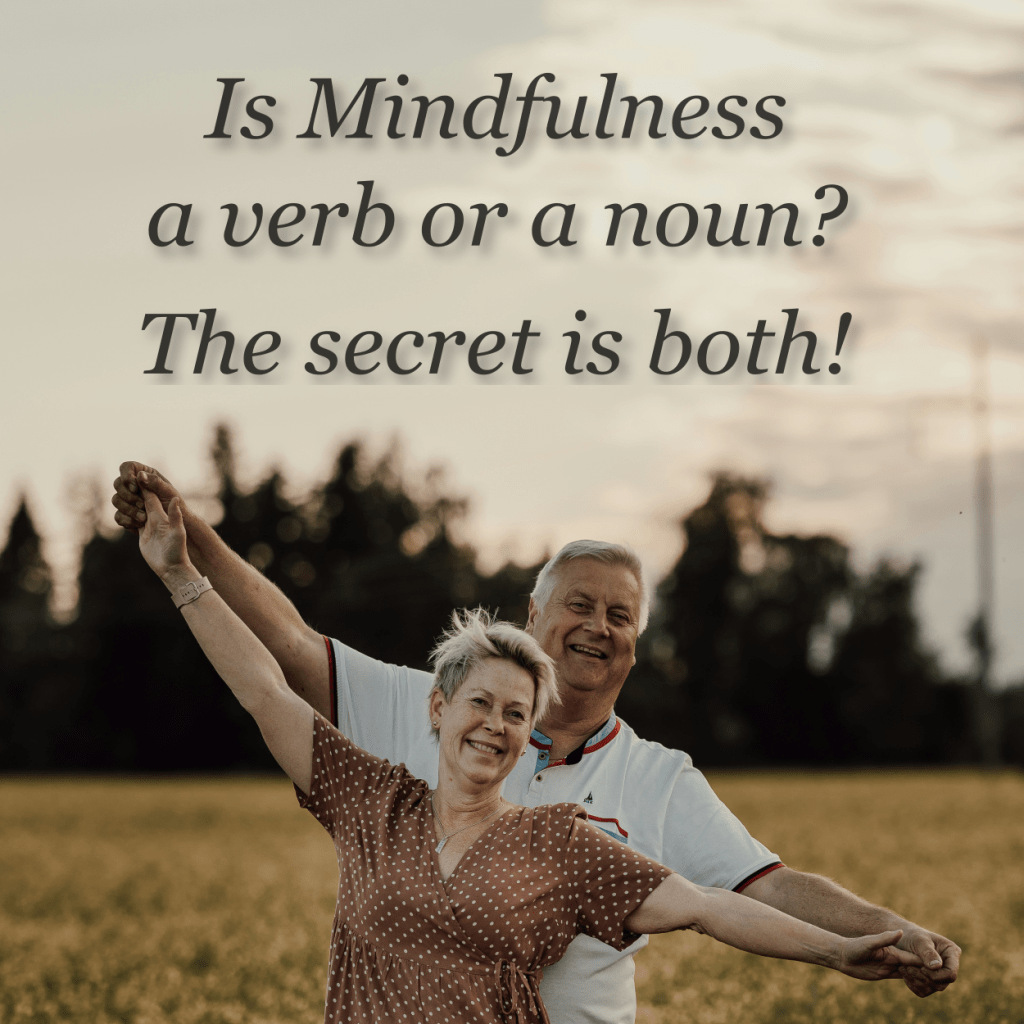When the Stories Fall Away…
What if we set aside our stories for just a moment or two?
Dear friends,
So often we get wrapped up in the stories we tell ourselves. You know the ones—big and grand, small and hurtful, or even the hum of little thoughts filling our days—raising our spirits, weighing us down, or something more subtle in-between. But when we hold on too tightly, or get caught in this sticky web of our own making, we forget the simple, unadorned life that’s happening right here… right now.
But what if, just for a breath, we set those stories aside? I am not suggesting we throw those thoughts away, or ignore every problem that arises. This is simply an inquiry and invitation. What if we gently lay our thoughts and preferences aside for a moment, setting them down beside us? What if, in their absence, we simply take in the view? And allow ourselves a pause—to let the world in, just as it is in this very moment? Like resting by the side of the road, setting down our heavy load.
In that pause, something beautiful can open.
The heart can soften.
The senses can come alive.
And a world of wonder is right here, ever ready to meet us.
Just relax your mind.
Loosen your grasp.
Let the stories fall away.
Let this very moment pour into your senses.
Pull back the curtain.
Let the color of life be revealed.

A Closing Reflection
Remember, the stories will always return. That’s just the way of the mind. But you don’t have to be tangled in them all the time. You can set them down again—anytime, over and over. And in doing so, you may discover something simple and precious: the freedom of just being here, right now, in this very moment, meeting life just as it is.
In deep gratitude.



